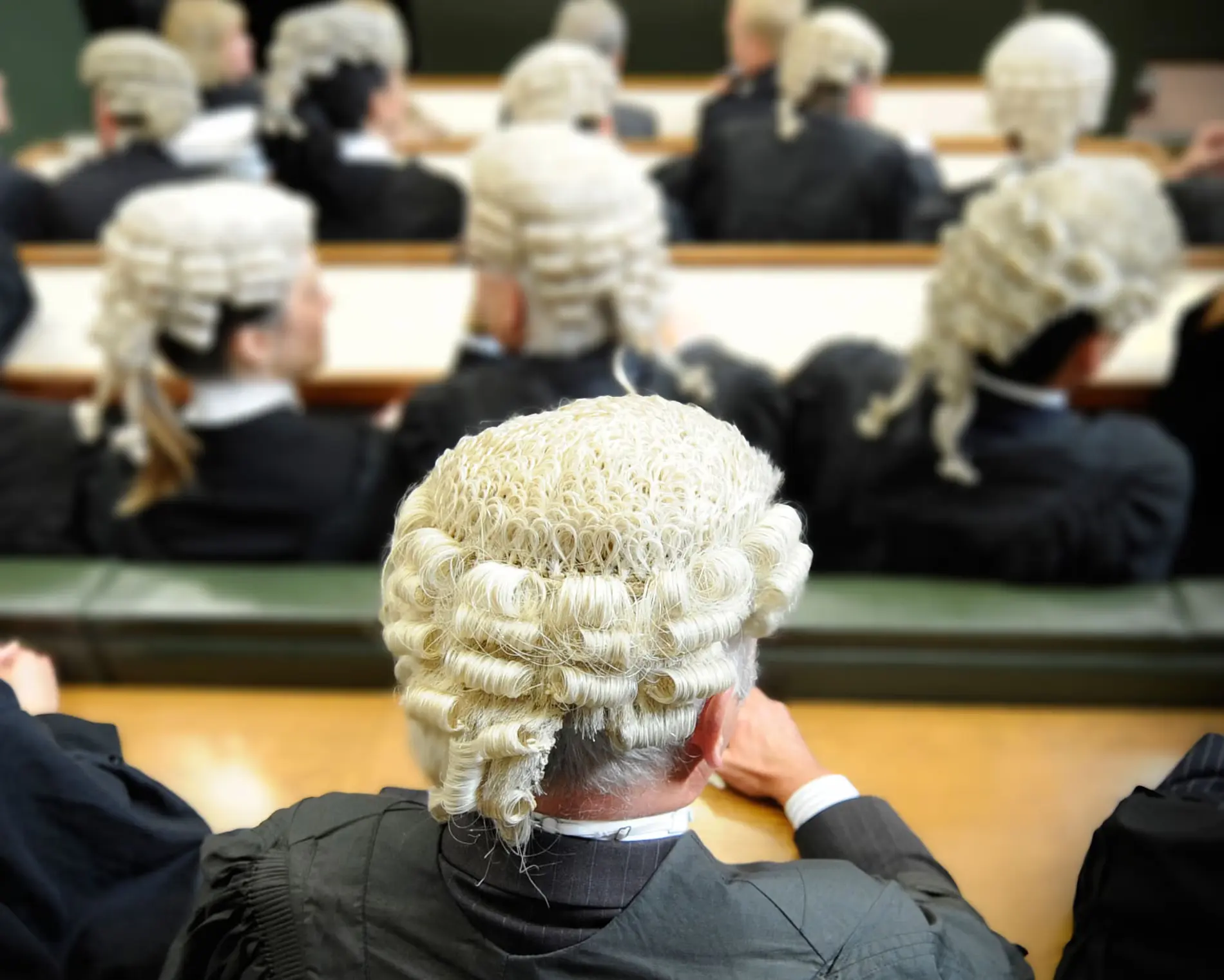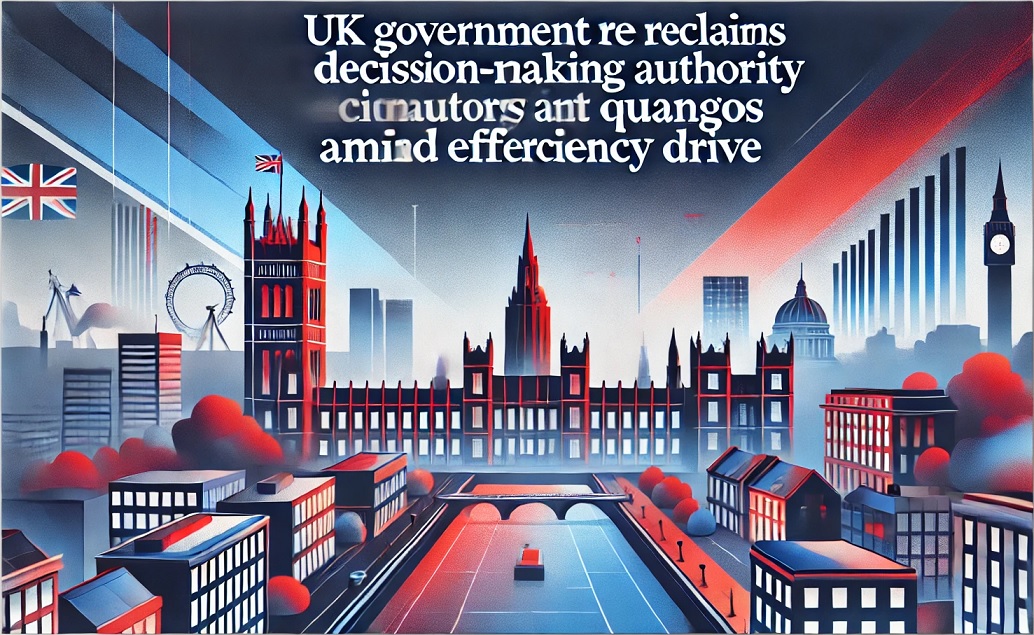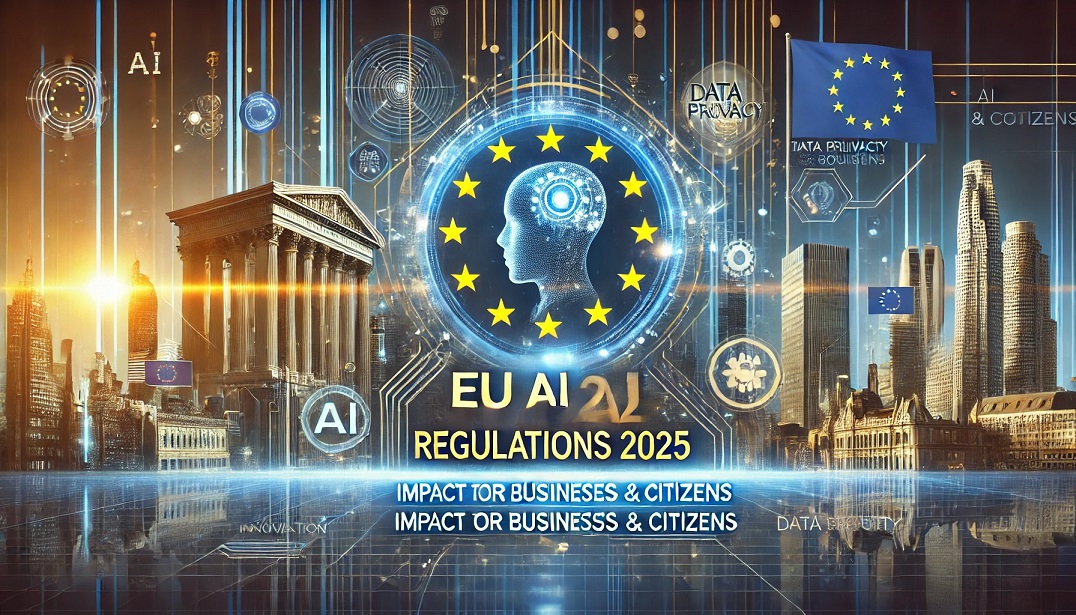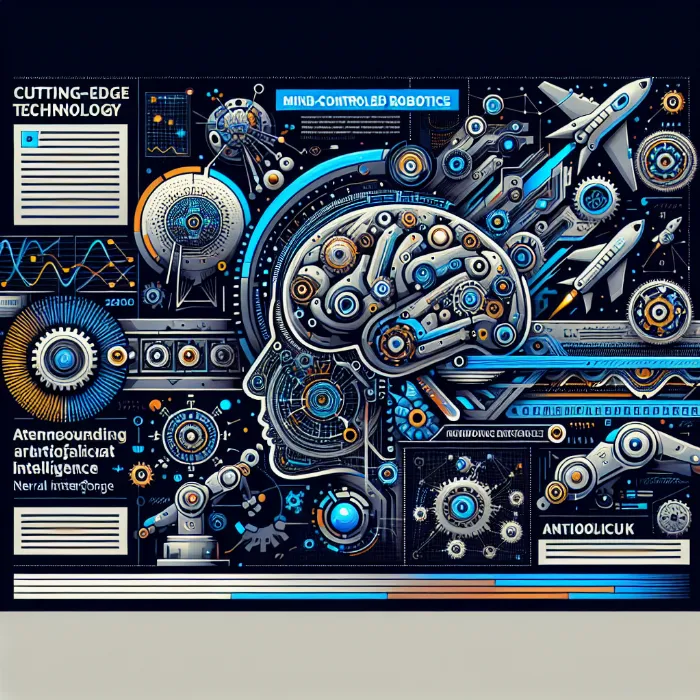The UK Bar Council has issued a strong warning against the unregulated use of AI in legal practice, urging barristers to verify AI-generated content and avoid reliance on unverified case citations. New guidance promotes ethical safeguards and accountability in a rapidly evolving legal tech landscape.
As the legal profession navigates an era of unprecedented technological change, the UK Bar Council has taken a firm stand on the ethical and professional implications of using generative artificial intelligence (AI) in legal work. Recent events have triggered a response from one of the most influential legal bodies in the country, reminding barristers that technological tools—no matter how advanced—do not replace accountability, professional integrity, or critical legal reasoning.
🧠 The Warning Sparked by Judicial Shock
The alarm bells rang loud in courtrooms when judges recently exposed an alarming pattern: legal professionals submitting court documents embedded with entirely fictional case law, apparently generated by AI tools. These weren’t small oversights or formatting issues. Entire references were fabricated—complete with phony legal citations, invented judges, and non-existent precedent.
In one of the most talked-about incidents, a barrister submitted a document containing multiple non-verifiable and imaginary cases during judicial review proceedings. The case was thrown into disrepute. Court time was wasted. Judges issued public rebukes, and legal bodies were forced to respond.
🛑 The Court’s Response: Responsibility Can't Be Delegated
High Court judges expressed sharp criticism, stating that even if AI tools were used for legal research or document preparation, the final responsibility rests with the lawyer. In legal practice, especially within common law systems, citing false authorities is a grave breach—not just of procedure, but of professional ethics.
In a system that depends on the integrity of precedent and precision of interpretation, inserting falsified legal material threatens not just a case—but the credibility of the entire legal process.
⚖️ Bar Council Takes a Stand
The UK Bar Council wasted no time in issuing a formal response. Backed by its IT Panel and legal ethics advisors, the Council reiterated that barristers must not rely blindly on AI tools without independent verification.
They reminded professionals that the use of AI—even powerful and well-known tools—requires:
- Diligent scrutiny
- Manual validation of citations
- Critical thinking and context-based interpretation
They emphasized that while AI may assist, it must never replace the lawyer’s own judgment and legal expertise. The Bar Council also acknowledged that these tools can be useful when properly supervised but stressed that misuse, intentional or otherwise, will not be tolerated.
🧩 AI in Legal Practice: Useful but Dangerous
The Bar Council's stance highlights a broader truth: AI is neither savior nor saboteur—it’s a tool. Used well, it can enhance productivity by summarizing cases, drafting preliminary briefs, or analyzing large volumes of data. Misused, it can inject errors, biases, or even hallucinations—the technical term for AI generating false or misleading information.
The Council emphasized that many AI models are trained on non-legal datasets. That means outputs might sound convincing but lack the legal accuracy and jurisdictional specificity required in formal legal work.
🔍 Risk Areas Highlighted by the Council
The most critical risks the Council addressed include:
- Hallucinated Citations – AI generating completely fictional cases or misquoting real ones.
- Breach of Confidentiality – Inputting sensitive client data into public AI tools that may retain or reproduce that data elsewhere.
- Bias in Outputs – AI tools may reflect hidden racial, gender, or cultural biases embedded in their training data.
- False Confidence – Lawyers over-relying on AI outputs due to persuasive formatting or tone, without verifying factual or legal accuracy.
These risks, the Council warned, are amplified when lawyers do not understand how AI works, or when they delegate too much authority to tools they can’t fully control or explain.
🏛️ The Ethical Imperative: Protecting Public Trust
Legal professionals do not just serve clients—they serve the justice system. The Bar Council reaffirmed that ethical standards and client obligations remain unchanged, regardless of the tools used.
They stated clearly that the legal profession is founded on duty, diligence, and trust—all of which are compromised when AI-generated materials are submitted without rigorous verification.
Even a small lapse, the Council noted, can lead to:
- Court sanctions
- Referrals to regulatory authorities
- Professional misconduct charges
- Loss of client confidence
As such, they urged barristers to treat AI tools like junior assistants, not trusted experts.
🏗️ Regulatory Response: Training, Oversight & Guidelines
To ensure future safeguards, the Bar Council announced it will collaborate with the Bar Standards Board on:
- Mandatory training modules for responsible AI use
- Standard protocols for citation verification
- Ethical supervision guidelines
- Clear consequences for professionals who breach expected standards
These aren’t just recommendations. The tone of the Council suggests these will evolve into enforceable professional norms—backed by disciplinary measures when ignored.
🌍 A Global Legal Moment
Although this story begins in the UK, the implications are worldwide. Law societies across the globe—from Australia to Canada and the U.S.—are observing these developments closely. Some have already issued similar guidelines or started their own investigations into misuse of AI in courtrooms.
In some jurisdictions, even AI-assisted judgment drafting has begun—heightening the urgency for checks and balances. The legal world is changing rapidly, and bodies like the Bar Council are acting as ethical anchors in the storm.
🧾 For Barristers: What To Do Now
If you're a barrister or legal writer integrating AI into your workflow, here’s what the Bar Council expects:
- Never trust AI with source citation without checking each one yourself
- Keep a clear log of AI use in your workflow
- Avoid submitting any draft that hasn't been fully reviewed
- Do not enter confidential or sensitive case information into public AI platforms
- Stay updated on training programs and mandatory ethical guidance
These measures are not only good practice—they’re rapidly becoming minimum expectations for anyone working in law.
🧠 Final Thought: AI Can Help, But You Must Lead
The Bar Council’s message is clear and vital: You are the lawyer. AI is not. Tools can assist, but only the trained mind of a legal professional can interpret, argue, and uphold justice.
AI’s role in legal practice is not to replace intellect, but to augment productivity—when used with judgment, caution, and accountability. This is not the time for blind trust in machines. It is the moment to rise as professionals who understand the future but defend the principles that make justice possible.

















Comments 0